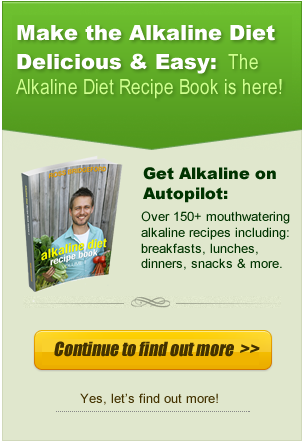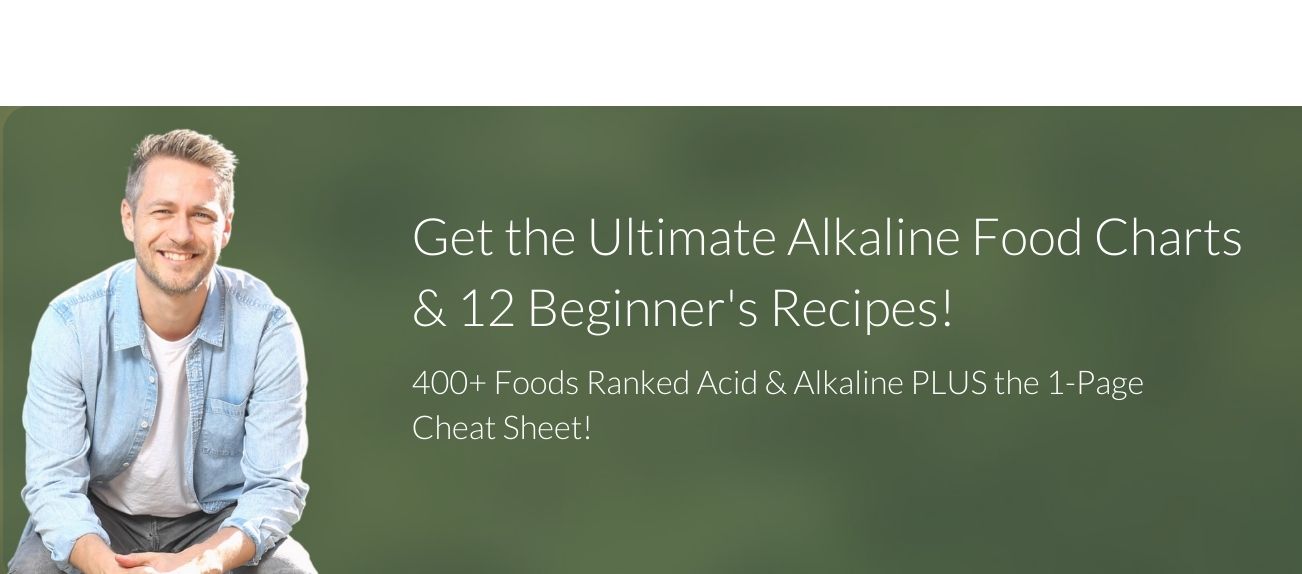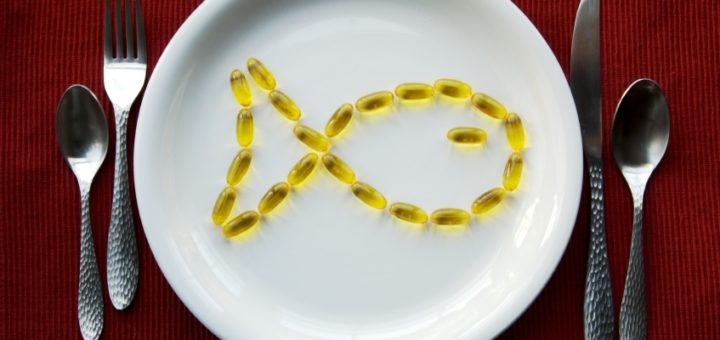Harvard Study: Omega-3 Deficiency the 6th Biggest Killer
Not having enough good fat in your diet is actually more dangerous than having too much bad fat. That’s right – omega 3 deficiency is more dangerous than trans-fat consumption!
This is the outcome of a recent study conducted by Harvard University and the Centre for Disease Control and Management in the USA. Their findings revealed that omega-3 deficiency is, unbelievably, the sixth biggest killer of Americans and more deadly than excess trans fat intake.
My personal belief has always been that supplementing the diet with omega-3 is the most important thing you can do for your health, simply because omega oils are SO important to the body and it is very difficult to get enough through diet alone. However, this report has shocked even me!
 The Harvard researchers looked at 12 dietary, lifestyle and metabolic risk factors such as tobacco smoking and high blood pressure and used a mathematical model to determine how many fatalities could have been prevented if better practices had been observed.
The Harvard researchers looked at 12 dietary, lifestyle and metabolic risk factors such as tobacco smoking and high blood pressure and used a mathematical model to determine how many fatalities could have been prevented if better practices had been observed.
The research drew on 2005 data from the US National Health Center for Health Statistics. They determined that there were 72,000-96,000 preventable deaths each year due to omega-3 deficiency, compared to 63,000-97,000 for high trans fat intake.
This is quite amazing. I’ve blogged about Essential Fatty Acids before so I am not going to recap too much on what they are right here (read that article for more info) – but I will give you a quick insight into how you can get a lot more into your diet.
How to Get More Omega-3 In Your Diet
Supplements
The two main supplements we highly recommend are:
- Udo’s Choice: this is simply the very best oil supplement in the world. Period. There is no better quality oil supplement out there. Udo’s Choice contains only organic ingredients and the product is cold pressed to retain all of the nutritional benefit. It supplies a range of omega 3, 6 and 9 in a 2:1:1 ratio which is optimal for human health and has a pleasant nutty taste, meaning that it is delicious on salads, pastas and vegetables. 100% vegetarian. Click here for more information on Udo’s Choice.
- Coconut Oil: as mentioned, coconut oil is one of a kind in that it provides a clean, organic source of MCTs, as well as being extremely heat, air and light resistant so it is the only healthy oil you can cook with (making stir frys healthy again!). Coconut oil is also known to increase your metabolism dramatically and give the body and instant source of clean, slow burn energy! It is also delicious, making it a really easy supplement to take. It honestly just takes like Bounty chocolate! Click here to get your hands on some lovely coconut oil.
Foods
These are the foods I believe to be healthy, and high in omega 3, 6 and/or 9:
- Other oils: while flax and hemp are the highest in omega 3, olive and avocado are good, clean sources of omega 6 & 9.
- Nuts & Seeds: go for flax, almonds, walnuts, sunflower seeds, pine nuts etc. All the ones you know are good and healthy! BUT avoid peanuts – they are always stored for ages and end up full of fungus and mold
- Avocado: eat plenty in salads and for snacks
- Oily Fish: while I’m a vegetarian myself, I understand and appreciate that oily fish are a smart addition to your diet
.
So there you have it – make a commitment TODAY to get more omega-3 into your diet – every day!
Ross







Omega 3 fatty acids are most essential for the growth and development of the human health. They are particularly recommended for persons suffering from heart diseases. The main source of omega 3 fatty acids are fish and flax seeds. They are also the best supplements for a pregnant woman. Omega 3 fatty acids can enhance a child’s brain during his growth in the mother’s womb.
I also heard the programme, what was said was that our bodies can’t utilise Omega 3 from plant sources as well as they can from animal sources i.e. Fish oil.
I have read elsewhere that Fish Oil represent another difficulty because of polutants etc stored in the fish liver then passed on to us. I have been reading that Krill Oil is the best source for Omega 3 but is not that easy to source.
Julia
The difference between vegetable and fish sources of omega-3 doesn’t relate to quality. Vegetable sources contain short-chain fats and fish provides long-chain fats. Short-chain fats must be converted in the body via several enzyme conversions before they offer the body many of the benefits associated with omega-3s -ie heart and brain health. The problem is that these conversions do not happen efficiently in the body and are made even more inefficient by the modern diet and lifestyle – factors such as smoking, stress, viruses and ageing all affect the rate of conversion and inhibit the production of long-chain omega-3s in the body. The amounts of short-chain omega-3 such as ALA which reach EPA are about 4-8%, and almost nothing is converted to DHA. So it is not therefore about quality – Udo’s is a highly reputable brand of vegetarian omega-3s, but these do not offer the same benefits because their chemical makeup is simply not the same.
Mina
Igennus Healthcare Nutrition
Hi , The Food Programme on Radio 4 did a show on Omega 3.
As much of what they said differed with what I’d already heard and read, I’d be interested in your views on the following points.
The experts were saying that we don’t need Omega 6 as we already get enough of it and that our bodies can manufacture Omega 9, so their view was that Omega 3-6-9 products were unnecessary.
They also discussed the difference between short chain Omega 3 which comes from vegetable sources (flaxseed, etc) and long chain Omega 3 from fish. One point made was that our bodies cannot extract as many benefits from the short chain Omega 3 and that it’s misleading to push vegetable sources as high in Omega 3 when the body doesn’t get much benefit from them.
Thanks
K
Hey Kirstie
It is true that we don’t need as much 6 and 9, because it is more prevalent in the more commercially promoted oils such as sunflower and olive. That is why Udo’s Choice has a ratio of 3, 6 and 9 that gives much more omega-3. I often have both Udo’s Choice and straight omega-3 in the fridge so that on days when I’ve used a lot of olive or avocado oil in salads etc. then I’ll supplement with straight omega-3.
I don’t believe that vegetable sources of omega-3 are of a lesser quality – and this mantra is often pushed by the fish industry. Udo Erasmus is far and away the world’s leading researcher in the fats and oils field and has made his oil blend to give the very best sources of omega-3, 6 and 9 and this is made up of non-fish sources.
I hope this helps. For more info here is a very detailed article from Udo: http://www.udoerasmus.com/articles/misc/oils-EFA-fish-vs-plant-omega.htm
Ross